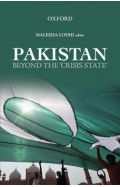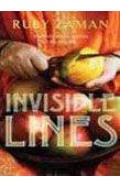The Country of First Boys
By: Amartya Sen
-
Rs 1,372.50
- Rs 1,525.00
- 10%
You save Rs 152.50.
Due to constant currency fluctuation, prices are subject to change with or without notice.
ow do deprivations related to class, caste, and gender interrelate ?
Why are our political leaders so good in saying what should be done without doing anything much about it?
How should we think about Sanskrit and ancient India without adding religious colour?
Why is it important to revive Nalanda, the world’s oldest university?
The Country of First Boys is Amartya Sen’s intellectual journey through the past and present to seek an understanding of India’s history and the demands of its future. The themes of these essays include the hardened and extreme nature of inequality in India, and what can be done about it. One of the many rewards of good schooling—denied to most Indians—includes the understanding that India is an integral part of a world civilization. Always sensitive to global communication and interaction, India’s own contributions vary from the development of a multiplicity of astronomically reasoned calendars and the invention of games like chess to the establishment of the foundations of several branches of modern mathematics.
In this collection, Sen examines justice, identity, deprivation, inequalities, gender politics, education, the media, and the importance of getting your priorities right. These are accessible yet pioneering essays that hold the kernel of many of his seminal works.
ow do deprivations related to class, caste, and gender interrelate ?
Why are our political leaders so good in saying what should be done without doing anything much about it?
How should we think about Sanskrit and ancient India without adding religious colour?
Why is it important to revive Nalanda, the world’s oldest university?
The Country of First Boys is Amartya Sen’s intellectual journey through the past and present to seek an understanding of India’s history and the demands of its future. The themes of these essays include the hardened and extreme nature of inequality in India, and what can be done about it. One of the many rewards of good schooling—denied to most Indians—includes the understanding that India is an integral part of a world civilization. Always sensitive to global communication and interaction, India’s own contributions vary from the development of a multiplicity of astronomically reasoned calendars and the invention of games like chess to the establishment of the foundations of several branches of modern mathematics.
In this collection, Sen examines justice, identity, deprivation, inequalities, gender politics, education, the media, and the importance of getting your priorities right. These are accessible yet pioneering essays that hold the kernel of many of his seminal works.
Zubin Mehta: A Musical Journey (An Authorized Biography)
By: VOID - Bakhtiar K. Dadabhoy
Rs 472.50 Rs 1,050.00 Ex Tax :Rs 472.50
Empire in Retreat: The Story of India's Partition
By: Rabia Umar Ali
Rs 398.75 Rs 725.00 Ex Tax :Rs 398.75
Manning Up: How the Rise of Women Has Turned Men into Boys
By: Kay Hymowitz
Rs 646.75 Rs 995.00 Ex Tax :Rs 646.75
Empire in Retreat: The Story of India's Partition
By: Rabia Umar Ali
Rs 398.75 Rs 725.00 Ex Tax :Rs 398.75
No recently viewed books available at the moment.
Zubin Mehta: A Musical Journey (An Authorized Biography)
By: VOID - Bakhtiar K. Dadabhoy
Rs 472.50 Rs 1,050.00 Ex Tax :Rs 472.50
Empire in Retreat: The Story of India's Partition
By: Rabia Umar Ali
Rs 398.75 Rs 725.00 Ex Tax :Rs 398.75












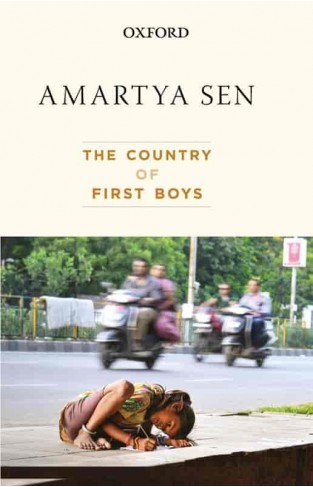
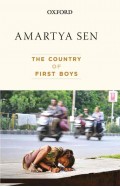
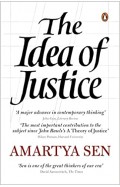
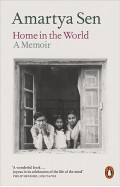
-120x187.jpg?q6)





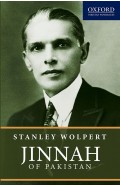
-120x187.jpg?q6)

